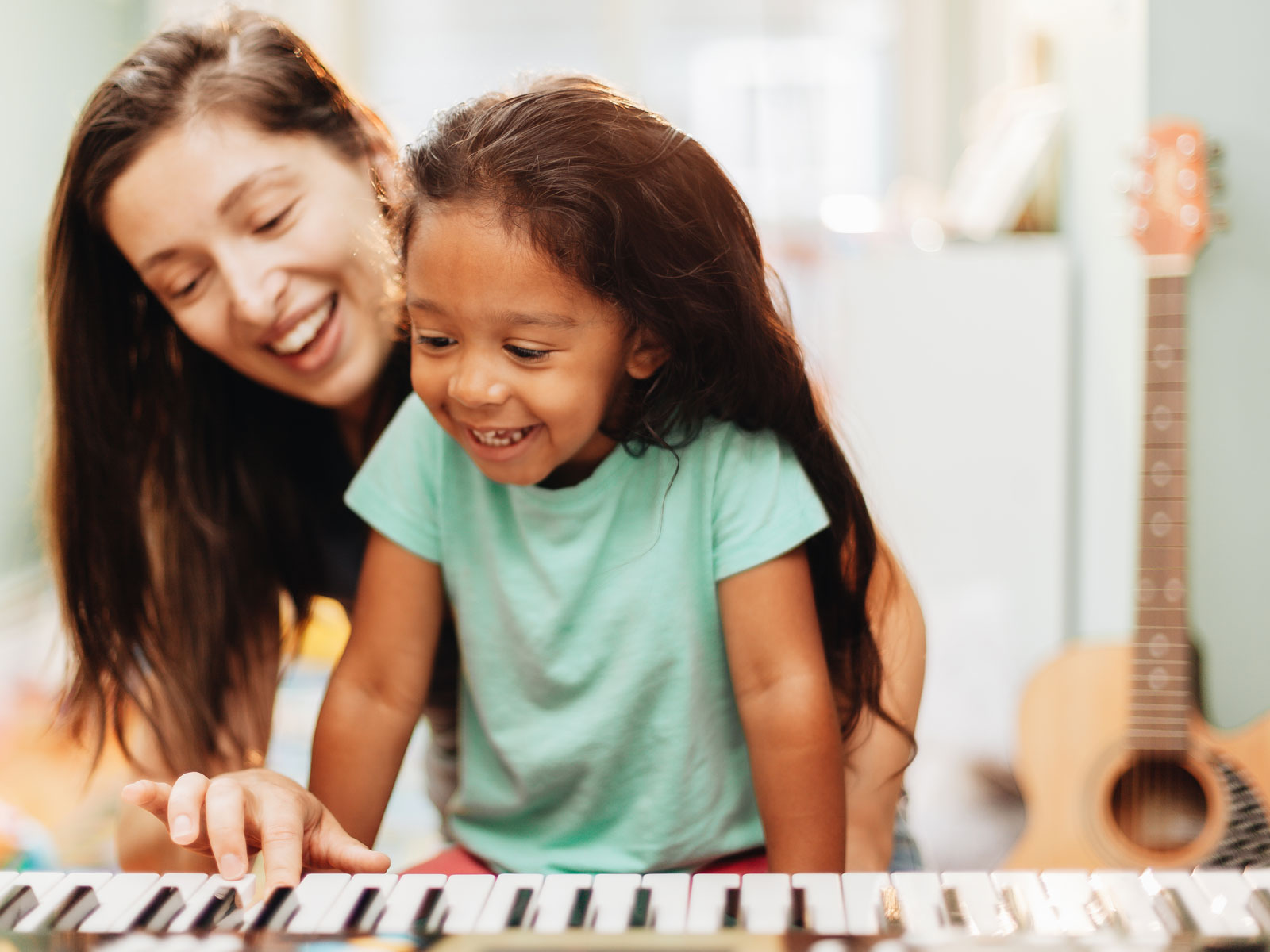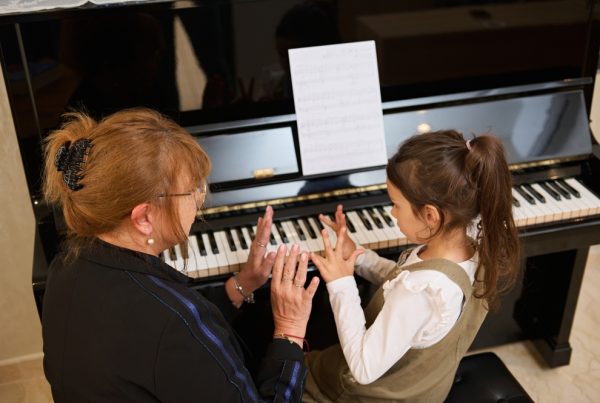Your child’s musical journey can begin without ever leaving the driveway. A mobile piano teacher for kids travels to your home, bringing the full Volz Piano Method to Salt Lake City, Utah County, and surrounding communities. Below you’ll discover how in-home piano lessons boost brain development, save parents valuable time, and create an ideal learning atmosphere where children thrive—plus exactly how to enroll, what each visit looks like, and answers to the questions Utah families ask most.
Table of Contents
- Why Choose a Mobile Piano Teacher for Kids in Utah?
- How Piano Lessons Shape Child Development
- Inside the Volz Piano Method for Children
- Utah Cities We Serve With Traveling Teachers
- What Happens in an In-Home Lesson?
- Creating a Kid-Friendly Practice Space
- Parental Support & Practice Motivation
- Pricing, Scheduling & How to Enroll
- FAQs
Why Choose a Mobile Piano Teacher for Kids in Utah?
Parents balancing work, school pickups, and extracurriculars often struggle to add weekly studio visits. A piano teacher that travels to your house for kids removes the commute, saving the typical Salt Lake City family 30–45 minutes round-trip each lesson. That extra time can be spent on homework or shared family activities. A Volz Piano in-home piano lesson for kids also means your child learns on the very instrument they practice on, reinforcing proper posture and technique from day one.
The familiar setting eases anxiety for shy beginners and lets siblings observe, inspiring them to join later. Because mobile piano lessons for children happen in your living room, parents witness progress firsthand and can reinforce goals between visits.
How Piano Lessons Shape Child Development
Brain & Academic Gains
Research shows that kids piano instruction at home strengthens memory, reading, and spatial-temporal reasoning—skills linked to stronger math scores and language acquisition. A long-term study in the Journal of Neuroscience found children with four years of keyboard instruction out-performed peers in proportional-math tests. Even six months of lessons can boost overall IQ and auditory processing, as highlighted by Northwestern University’s work summarized in Teen Vogue.
Emotional & Social Growth
Playing music encourages discipline, patience, and self-expression. An article by the National Association for Music Education notes that collaborative music study also enhances empathy and cooperation—traits essential for group projects and future workplaces.
Physical Coordination
Fine-motor skill development accelerates through coordinated hands and finger movement. Roland’s overview on advantages of learning piano as a child points to measurable gains in dexterity and hand-eye coordination.
Inside the Volz Piano Method for Children
The Volz Piano Method combines traditional note-reading with ear-training games that hold young attention spans. Teachers adapt repertoire so a beginner piano lesson for kids at home might feature Disney tunes alongside classical themes, keeping practice fresh and fun.
- Step-by-step milestones: Color-coded flash cards, rhythm clapping, and mini goals turn complex theory into bite-sized wins.
- Brain-based pacing: Sessions are broken into 5–7-minute activities to align with typical child focus windows.
- Personalized playlists: Kids choose songs they love, increasing practice time by up to 40 % compared with fixed curricula.
Every personal piano tutor for kids at home certified by Volz completes ongoing professional development in child psychology and Utah music-education standards.
Utah Cities We Serve With Traveling Teachers
Volz Piano’s piano teachers that drive to your home for kids currently serve:
- Salt Lake City
- West Jordan & Sandy
- Lehi & American Fork
- Orem & Provo
- Ogden & Layton
If your neighborhood isn’t listed, contact us—routes expand quarterly, and our mobile piano lessons in Utah article tracks new zip codes in real time.
What Happens in an In-Home Lesson?
Each 30- or 45-minute visit follows a predictable arc so home piano lessons for children feel safe yet stimulating:
- Warm-Up (5 min): Finger stretches and rhythm echo games.
- New Concept (10 min): Introducing chords or sight-reading through magnetic board demos.
- Song Lab (10 min): Working on assigned piece; teacher records practice video on parent’s phone for later review.
- Creative Play (5 min): Improvisation over backing tracks.
- Wrap-Up (3 min): Goal-setting and sticker chart updates.
This structure keeps kid-friendly piano instructors who come to you on track while adjusting to mood, energy, and age.
Creating a Kid-Friendly Practice Space
You don’t need a grand piano room—just:
- A tuned acoustic or weighted-key digital piano.
- Adjustable bench & footstool for proper posture.
- Good lighting to reduce eye strain.
- Minimal distractions—turn off TVs, silence phones.
Invite your child to decorate with stickers or artwork so the corner feels like their own mini studio, encouraging those extra five minutes of piano lessons at home for kids.
Parental Support & Practice Motivation
Daily Micro-Sessions
Instead of one 30-minute cram, aim for three 10-minute bursts. Children retain rhythm and muscle memory better with spaced repetition, as highlighted by Create More Music.
Positive Reinforcement
Sticker charts, small rewards, or letting your child play for guests can double weekly practice minutes.
Stay Involved
Sit in occasionally, ask about lesson highlights, and celebrate milestones to keep enthusiasm high.
Pricing, Scheduling & How to Enroll
Rates vary by lesson length and travel zone. A typical 30-minute private piano lesson for kids starts at $40 in Salt Lake County, with discounts for siblings or prepaid bundles.
- Step 1 – Free Call: Schedule a discovery chat via the Volz Piano contact form.
- Step 2 – Match: We pair your child with a travelling piano tutor for children in Utah County based on availability and personality fit.
- Step 3 – First Lesson: Your instructor arrives with method books and a welcome pack.
- Step 4 – Ongoing Support: Parents receive practice videos and progress reports.
Flex scheduling lets families pause during vacations without losing their slot—ideal for busy Utah summers.
FAQs
How old should my child be to start?
We recommend ages 5 +, though motivated 4-year-olds can thrive with shorter lessons.
Do I need a full-size piano?
A weighted-key digital piano with 88 keys is perfect for beginners and space-saving.
What if we don’t own a piano yet?
Your teacher can bring a foldable keyboard for the first lesson and advise on affordable options.
Can siblings share one slot?
Yes. We offer back-to-back 20-minute mini-lessons or tandem games that keep each child engaged.
How do cancellations work?
Notify your instructor 24 hours in advance to reschedule within the same month.



